About
Philosophy Faculty
Sacred Heart College was established in 1895 at Shembaganur, Kodaikanal, Tamil Nadu, as a centre for the philosophical training of young men who choose to become catholic priests in the Society of Jesus. Several hundred students from India, Nepal, Sri Lanka, Bangladesh, Europe and North America have passed out of this College during its long history.
Prompted by a desire to be closer to the centres of higher learning and culture, the College was shifted to its present campus in 1980 and was named Satya Nilayam Institute of Philosophy and Culture.
Administration
Very Rev Fr Arturo Sosa, SJ
CHANCELLOR Superior General of the Society of Jesus
Rev Dr Jerome Stanislaus D’Souza, SJ
VICE-CHANCELLOR President, Jesuit Conference of South Asia
Rev Somy Mathew, SJ
Conference Secretary for Integral Formation (CSIF)
Rev Dr Boniface Panna, SJ
RECTOR
Rev Dr Lawrence S. Fernandes, SJ
PRINCIPAL / HOD
Rev Francis D’Souza, SJ
REGISTRAR & TREASURER
Rev Dr Patrick Arockiaraj, SJ
LIBRARIAN
Melvin Jerald
Office Assistant
Melvin Jerald
Office Assistant
Very Rev Fr Arturo Sosa, SJ
CHANCELLOR Superior General of the Society of Jesus
Teaching Faculty Profile
Rev Dr Lawrence Fernandes, SJ
Professor
Rev Dr Boniface Panna, SJ
Associate Professor
Rev Dr Valerian Mendonca, SJ
Associate Professor
Rev Dr Jagadish Murala, SJ
Assistant Professor
Rev Dr Patrick Arockiaraj, SJ
Assistant Professor
Rev Fr Lindsay Lobo, SJ
Tutor
Rev Fr Joel D’Souza, SJ
Tutor
Rev Fr Rajeev Ranjan, SJ
Tutor
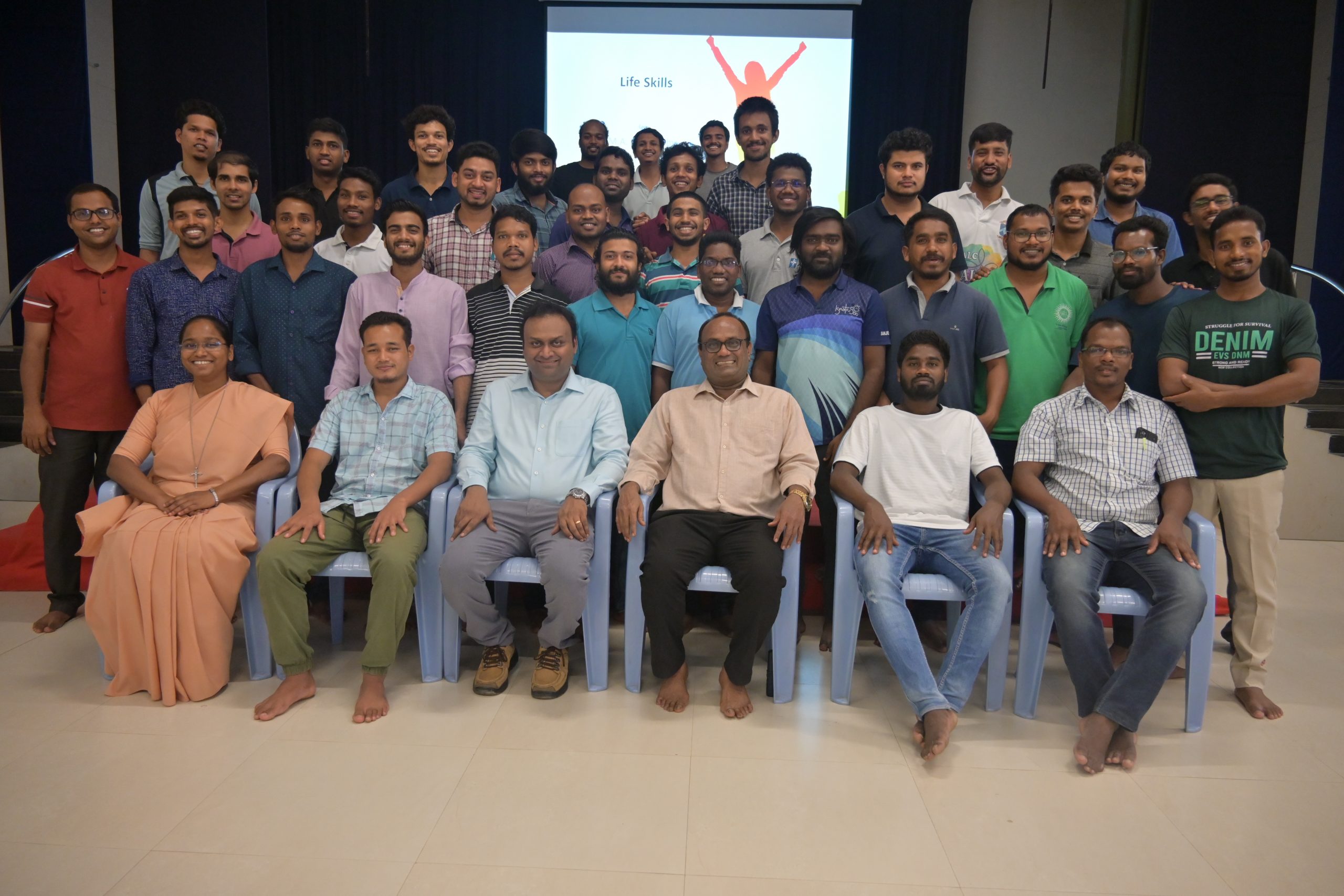
Vision
To provide philosophical formation to develop a firm foundation in rational, ethical,
creative and critical thinking skills by engaging students with philosophical debates in
the East and West, developments in contemporary philosophy and application of
philosophical ideas in all areas of life.
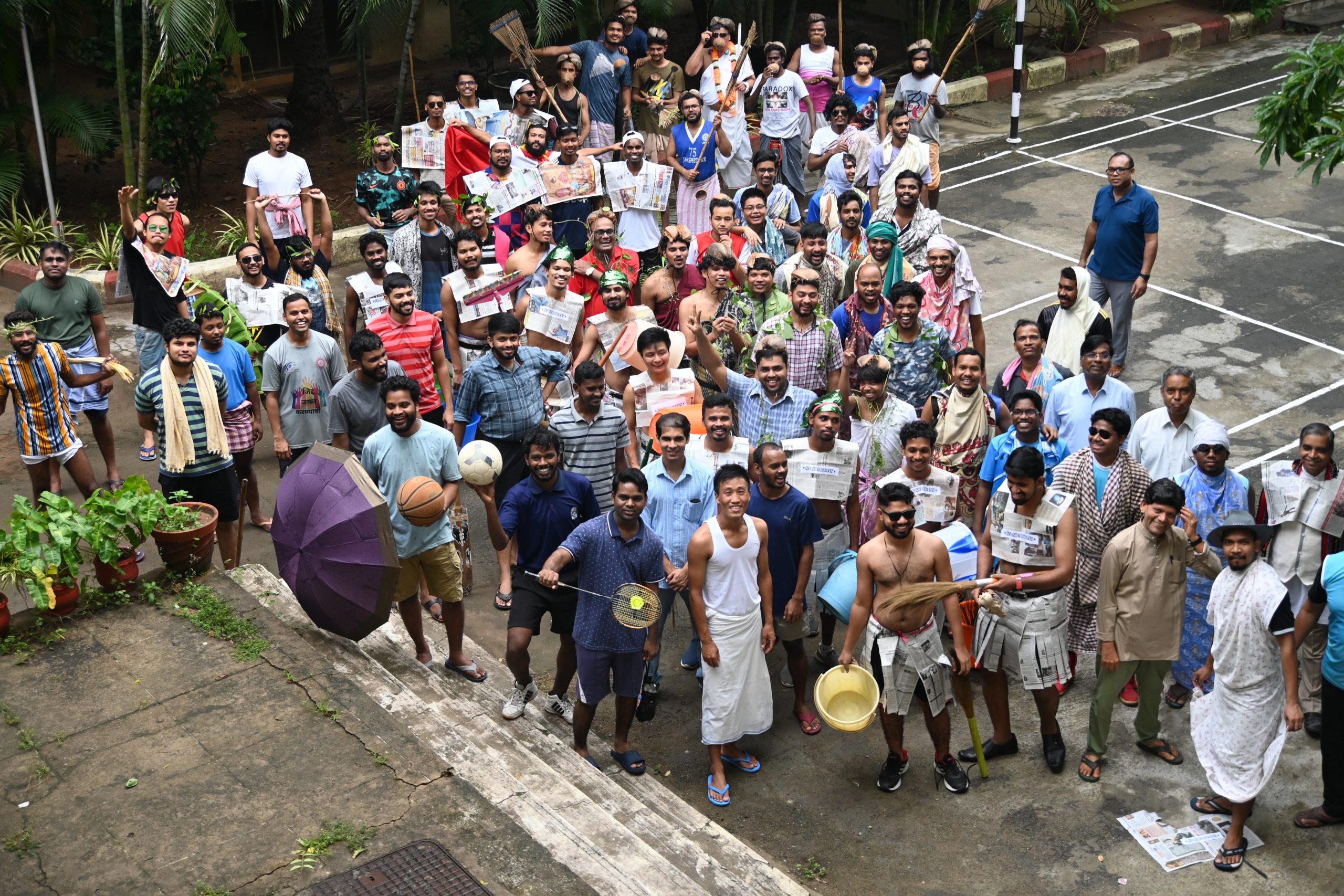
Mission
- The College will draw its inspiration from the philosophical heritage of the
East and the West, particularly from the cultural and philosophical heritage of
India, so that the students may acquire a solid and coherent understanding of
human beings, the world and God.
- Teaching and Learning will be integrative, dialogical and critical rather than
parallel, juxtaposed or compartmentalized. It aims to train the students to a
level of high qualification to reflect, analyze, and critique the concrete realities
of life.
- Further, the Faculty will endeavour to draw the authentic values and insights
of India’s religious experience and intellectual traditions into the philosophical
experience, creatively contributing to the society at large.
- To foster those, the department will encourage reflection on the philosophical,
cultural and socio-political movements in India by making available allimportant publications, research and writing and inviting experts in these
fields to offer lectures and courses.
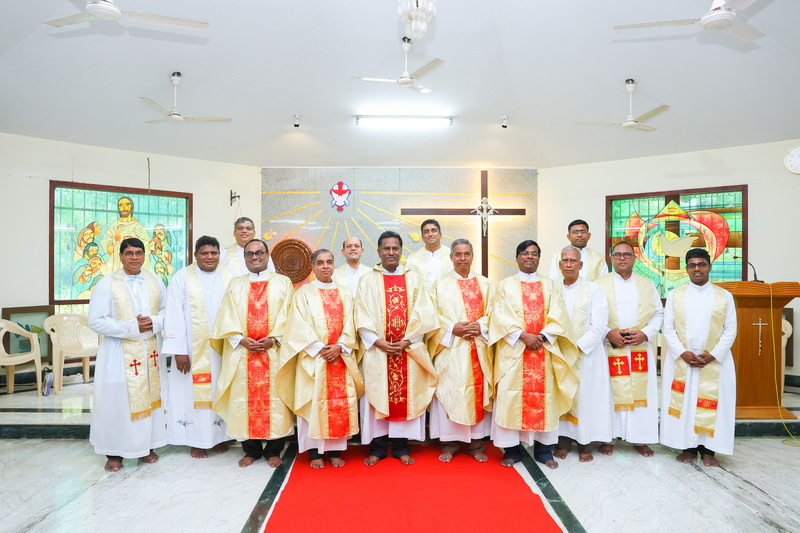
Objectives
As an Ecclesiastical Faculty, Satya Nilayam sets the following as its primary
objectives:
-
To provide opportunities for specialization in philosophy and culture in the
Indian context;
-
To give the students a basic orientation which will enable them as priests,
religious and laity to meet the spiritual and secular problems facing the
country
-
Draw its inspiration from the lived experience of the Gospel of Jesus Christ,
the perennial wisdom of the Church and the cultural and philosophical
heritage of the country so that the students may acquire a solid and coherent
understanding of the world, of humans, and of God;
-
Endeavor to integrate the authentic values and insights of India’s religious
experience and intellectual traditions into the Christian experience and thus
make a creative contribution to the universal Church, especially in the area of
fruitful dialogue with other faiths;
-
promote and encourage reflection on the philosophical, cultural, and sociopolitical movements in India by offering relevant courses with the help of
experts in these fields, making all essential publications available, and writing.
Admission
The Ecclesiastical Faculty is open in principle to all students, clerical, religious and lay,
both male and female, who are duly qualified.
- The minimum qualification required for admission to the B.Ph. is a university
degree or its equivalent.
- Students who have completed successfully the first cycle course may be
admitted to the second cycle under the following conditions:- Students who have completed the first cycle from the Faculty must
have an average of at least 60% marks as overall performance.
Exceptions to this ruling may be granted only by a special committee
appointed by the Academic Council. - A student who has completed the first cycle from any other faculty
recognized by the Holy See, with an average of 60% marks, or its
equivalent, may be admitted without an entrance examination. In all
other cases, an entrance examination will be required unless the
special committee mentioned above dispenses with it on the grounds
of the student’s previous academic work. - The Faculty may recognize a three-year seminary course or its
equivalent, to be determined by the Academic Council, as sufficient to
enable a student to begin the second cycle, provided the student has
obtained an average of 60% marks (or its equivalent) as his overall
performance in the Seminary studies. This recognition is subject to an
entrance examination or other equivalent tests.
- Students who have completed the first cycle from the Faculty must
- The Faculty may recognize a three-year seminary course or its
equivalent, to be determined by the Academic Council, as sufficient to
enable a student to begin the second cycle, provided the student has
obtained an average of 60% marks (or its equivalent) as his overall
performance in the Seminary studies. This recognition is subject to an
entrance examination or other equivalent tests.
Students
ORDER OF STUDIES
The Faculty follows the semester pattern.
- There are two semesters per year and 90 class days per semester
- The first and third semesters commence in June and end in the fourth week
of October. - The second and fourth semesters commence in the first week of November
and end in the last week of March.
The courses offered at this Faculty cover the following areas: Person and Nature;
Person and Society, Person and the Ultimate, and Classical and Contemporary Trends
in Philosophy (in India and other parts of the world).
The curriculum of the Faculty covers three successive cycles, leading to three different
degrees. It also offers diplomas to those who do not want or are unable to join for a
Degree.
As per the recent directives from the Congregation for Catholic Education, the Faculty
has reworked the programme of studies of the First Cycle. Accordingly, the first cycle
is basically a three-year programme. It introduces the students to the methods of
scientific research. Apart from dealing with the problems and methods of philosophy,
it offers a systematic exposition of the various philosophies of God, humans and the
world. It also acquaints them with the main trends in cultural life and thought.
The second cycle (MPh) introduces the students to scientific research through an indepth study of the theories of outstanding Indian and Western thinkers through
seminars and tutorials. This cycle consists of four semesters. MPh students are to
write six philosophical papers within the first three semesters, and in the fourth
semester, they are to write a dissertation of 75-100 pages. The dissertation should
demonstrate a satisfactory grasp of the tools of research and reflection.
The Third Cycle, leading to the degree of Doctor of Philosophy (Ecclesiastical), will
promote philosophical maturity in the candidate through in-depth research in a
specialized area of philosophy or a thinker. The minimum period required to complete
the doctoral research as a full-time student is four years. Usually, residence in Chennai
during the entire period of research will be required unless the academic council
grants leave of absence for part of the time.
Gallery
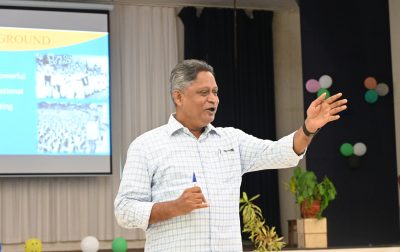
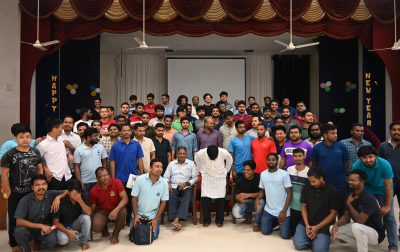
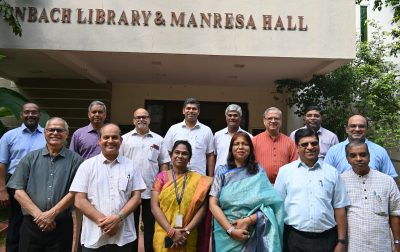
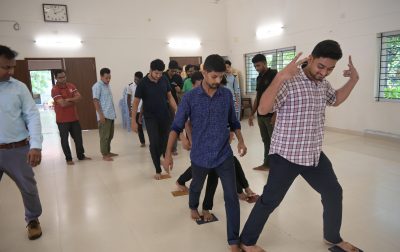
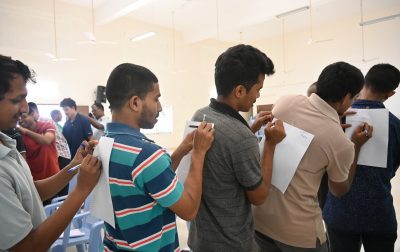
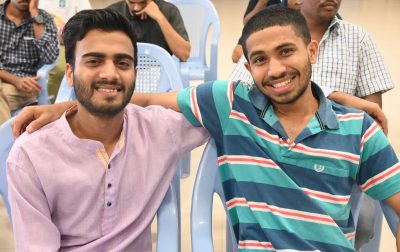
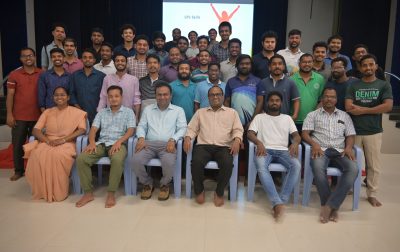
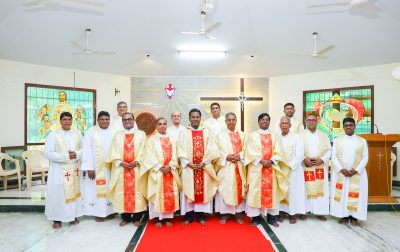
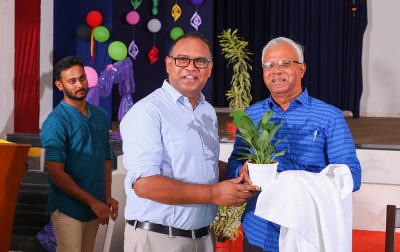
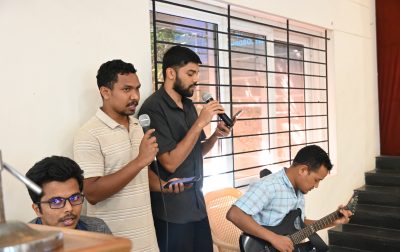
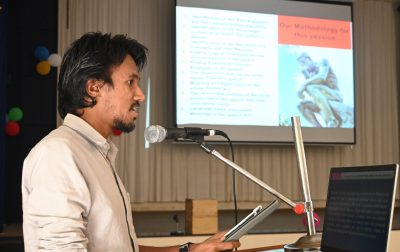
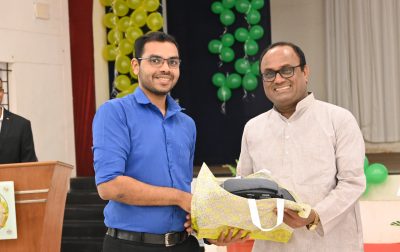
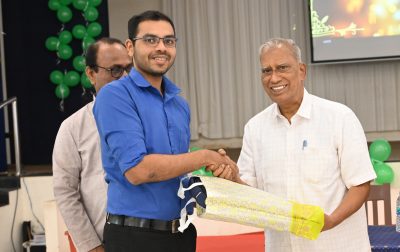
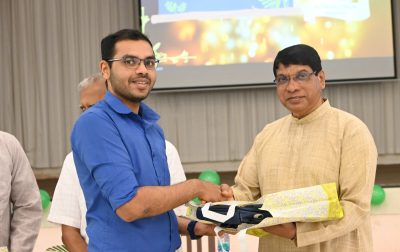
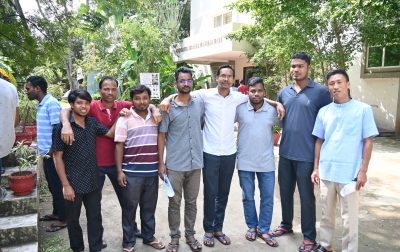
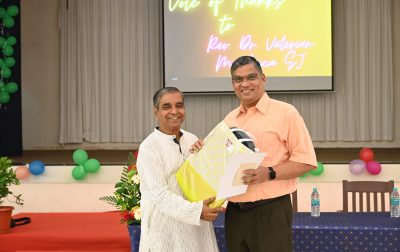
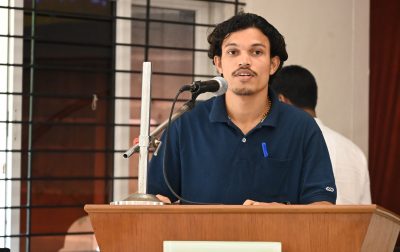
Principal
Email Address
principal.satyanilayam@gmail.com
Phone Number
8925744707
Registrar
Email Address
sacred.sn.registrar@gmail.com
Phone Number
9449629985

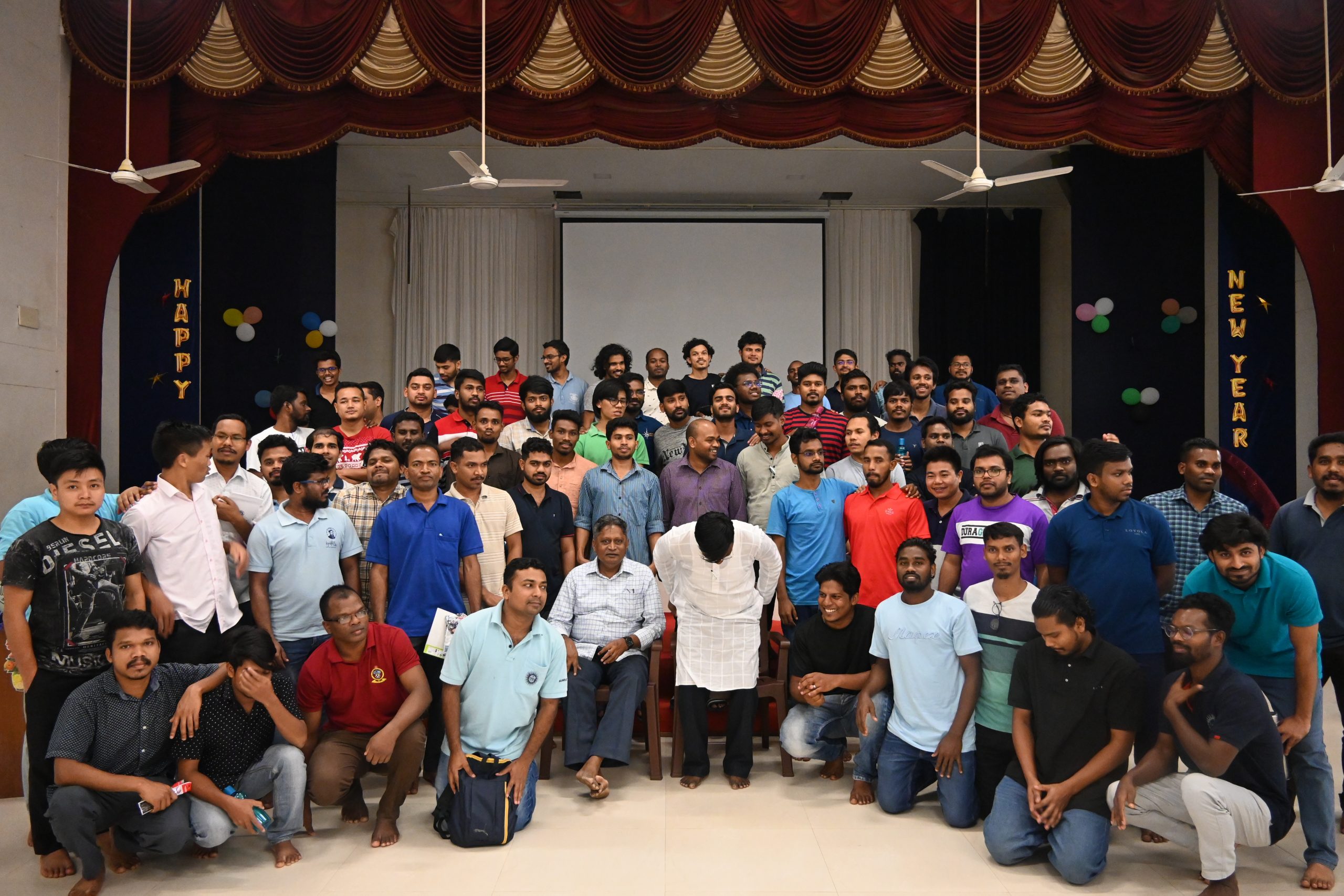
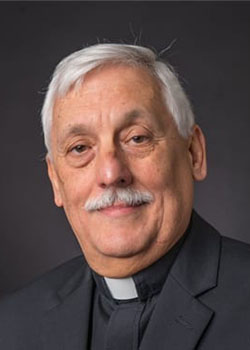
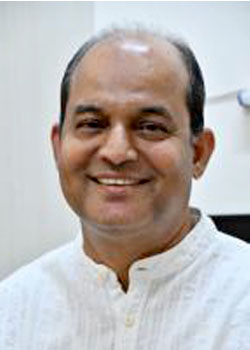
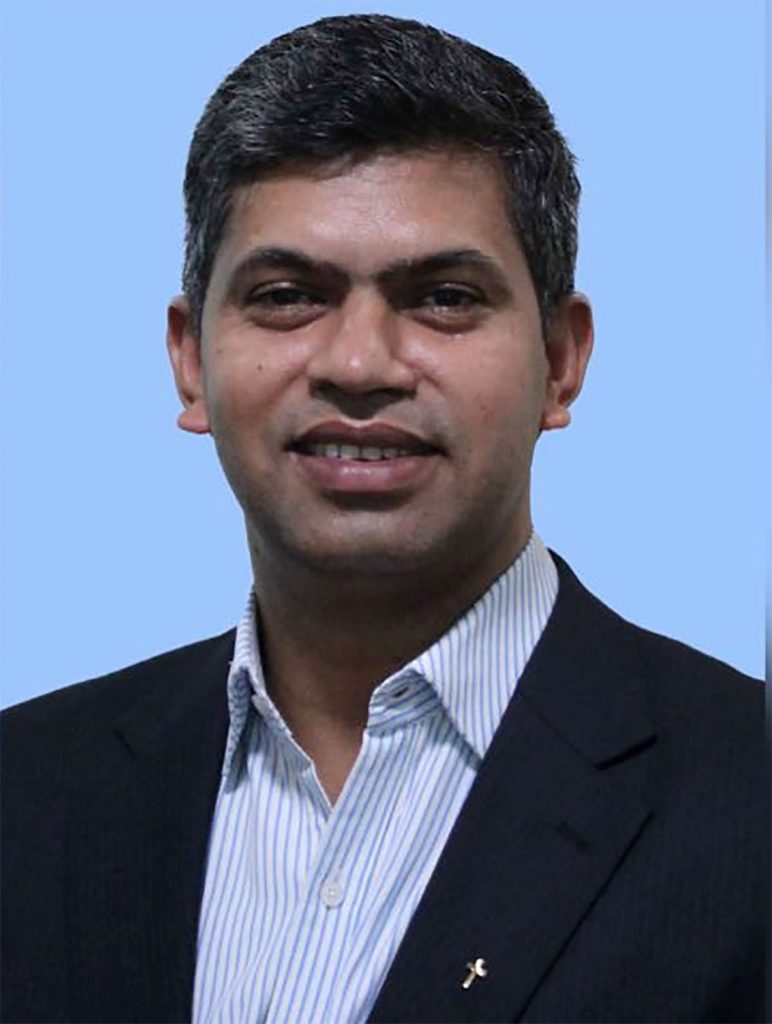
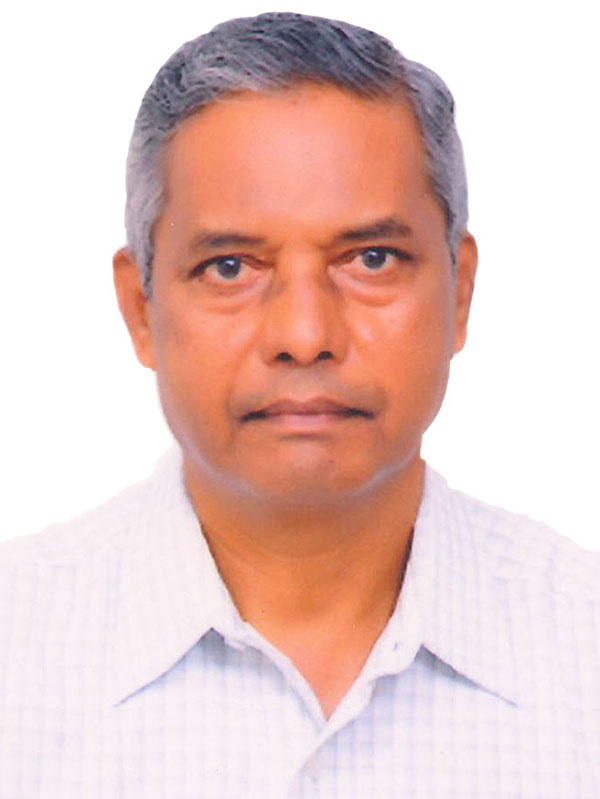
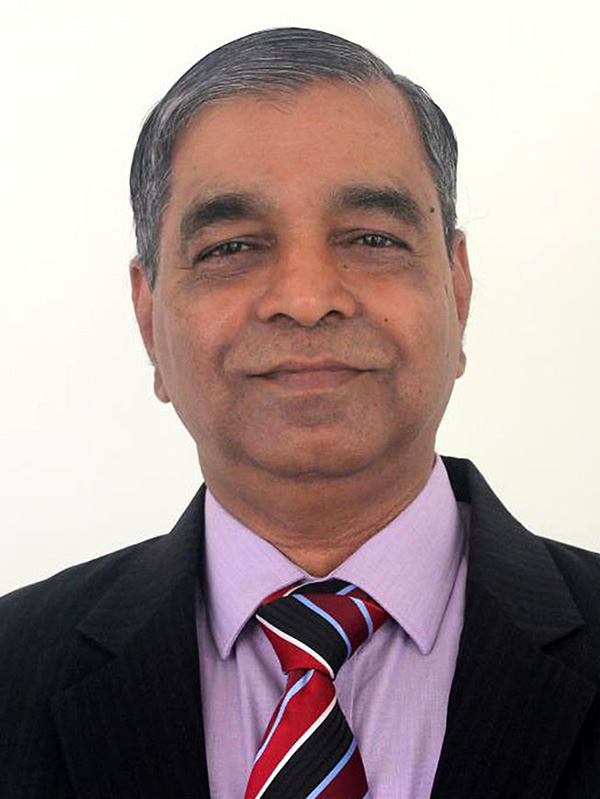
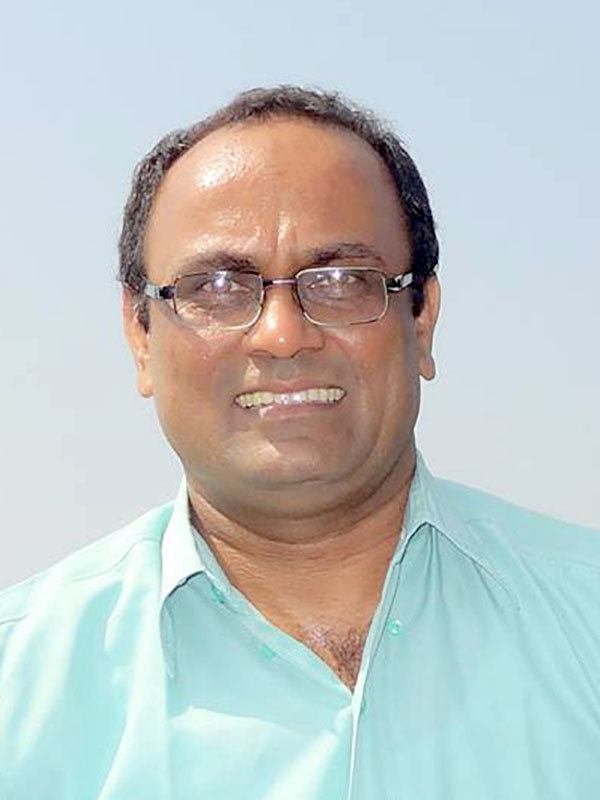
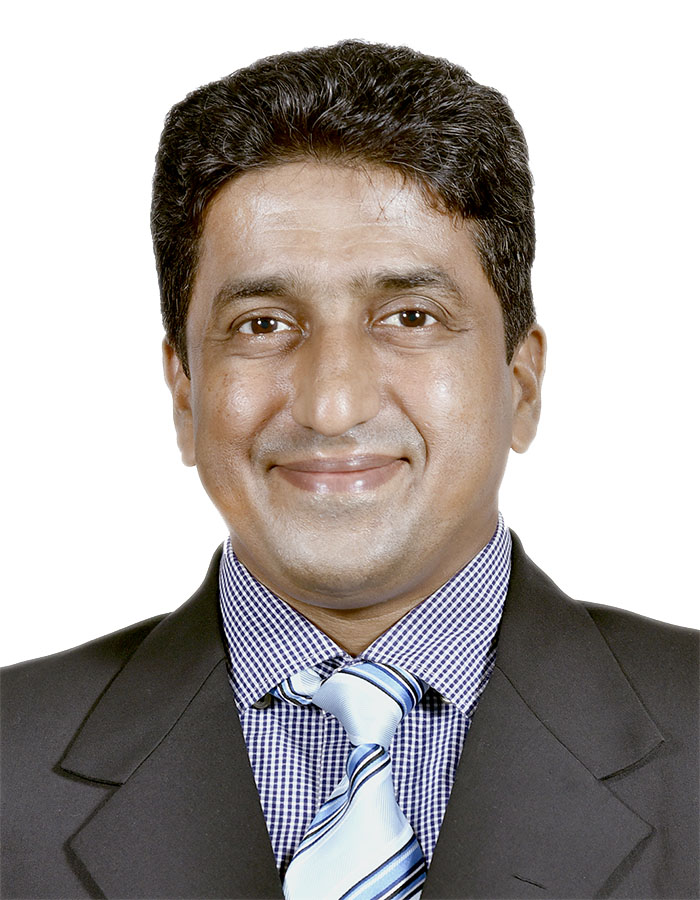
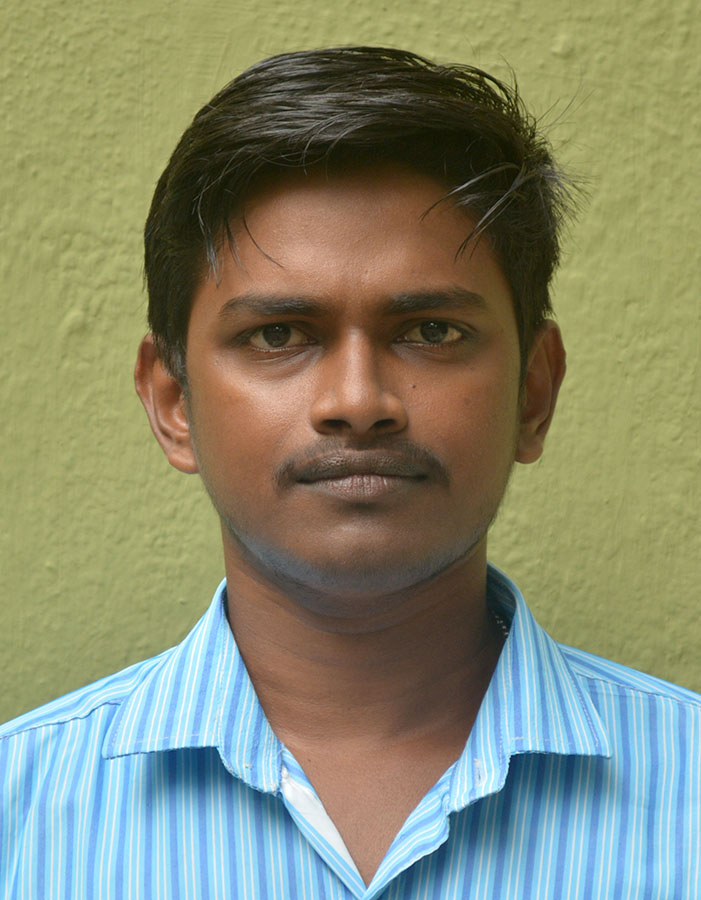
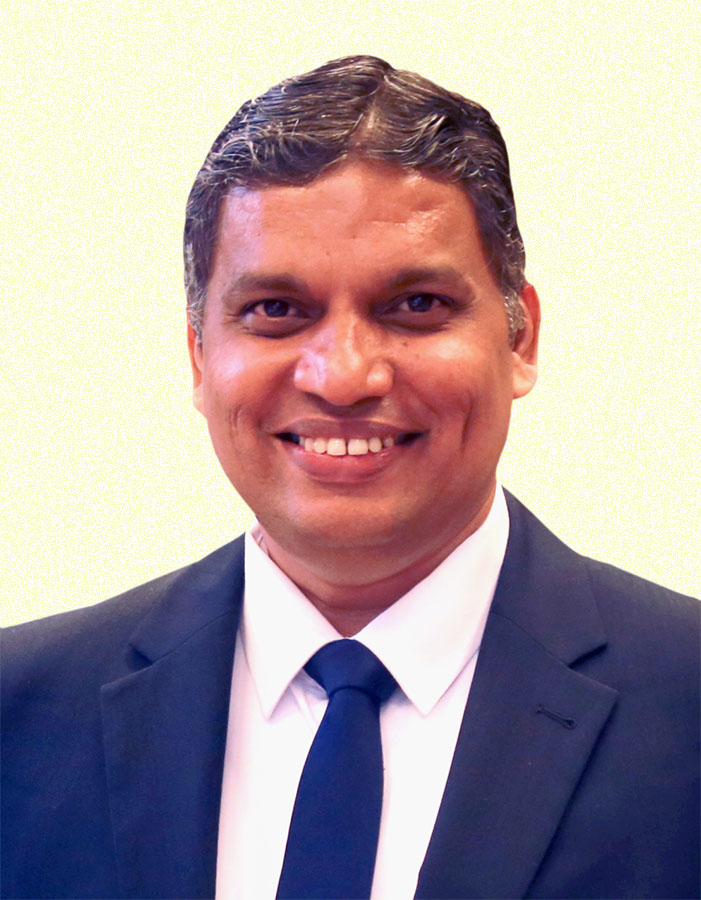
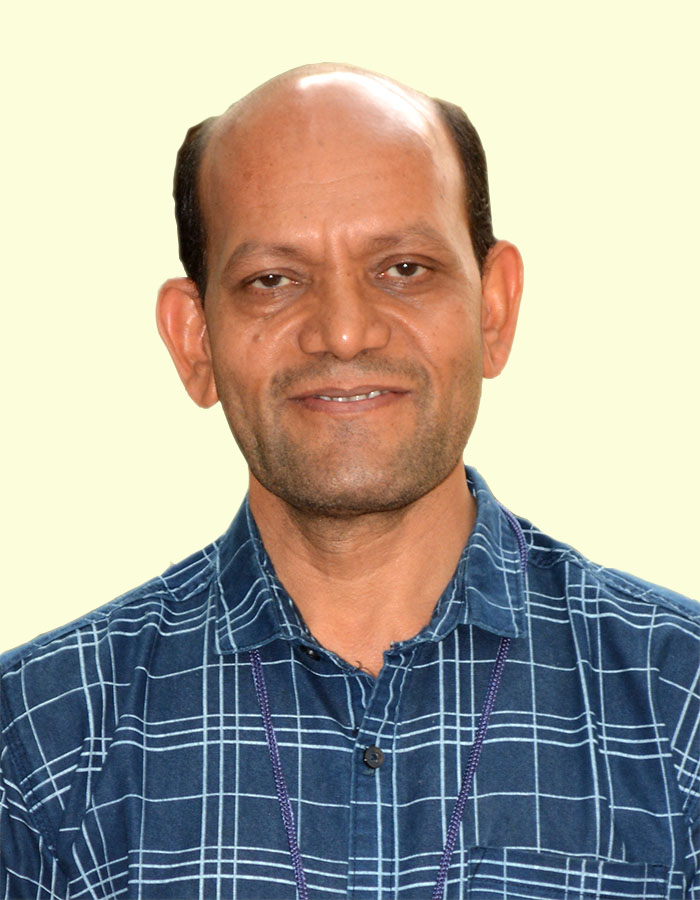
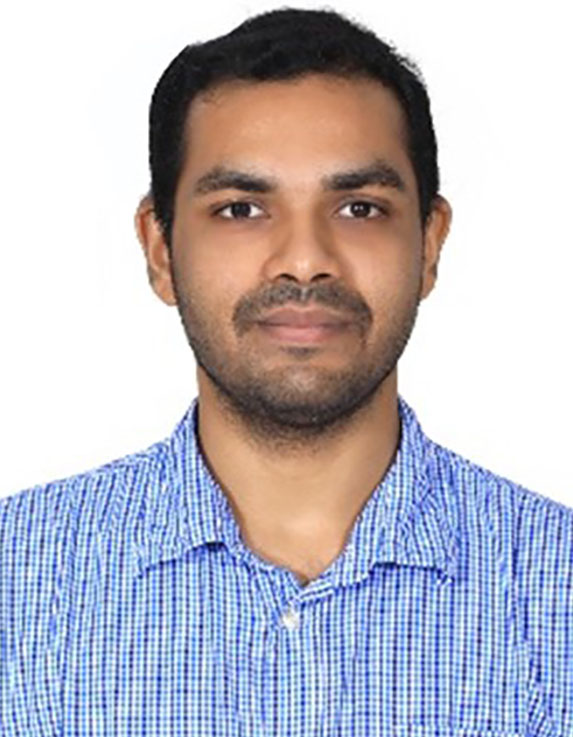
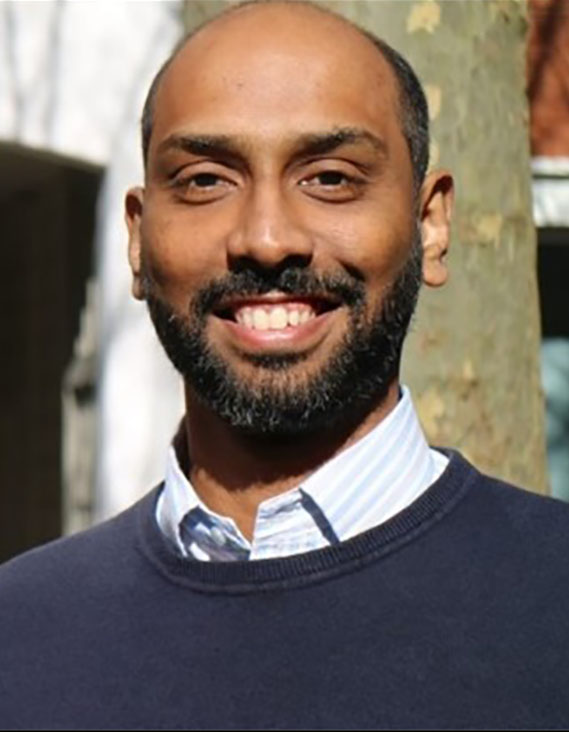
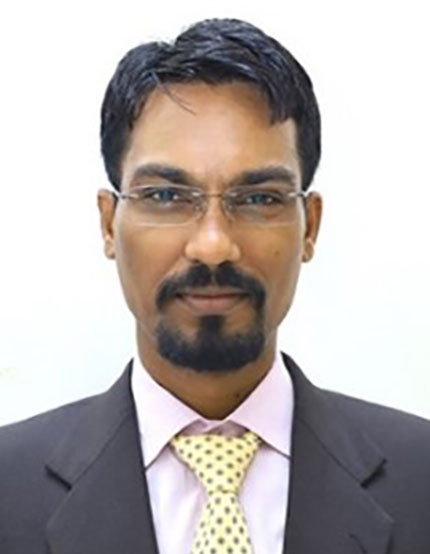
 Vision
Vision Mission
Mission Objectives
Objectives